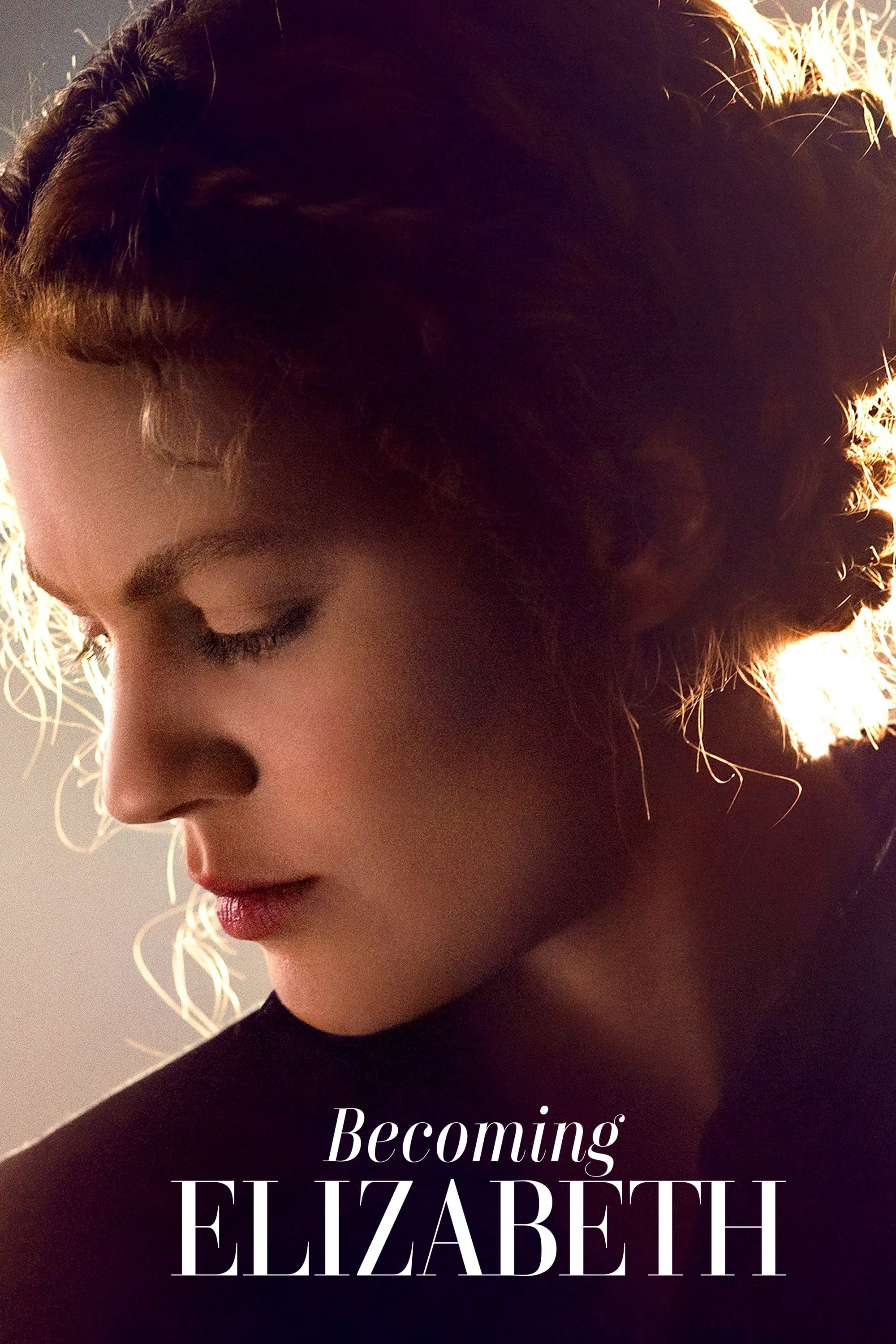
The fascinating story of the early life of England’s most iconic Queen, Elizabeth Tudor, an orphaned teenager who became embroiled in the political and sexual politics of the English court on her journey to obtain the crown.
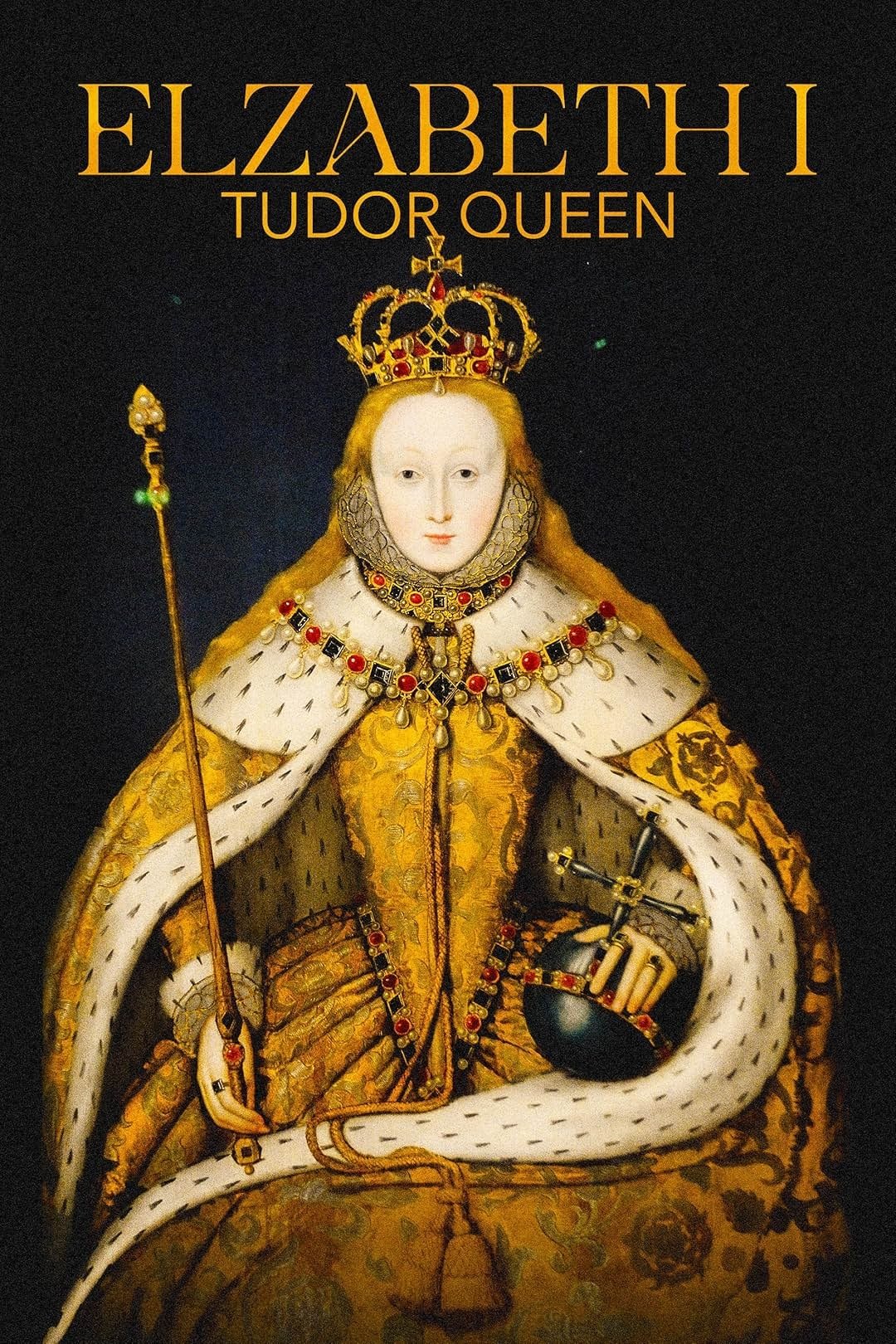
A woman in a man's world. Though strong-willed, intelligent and passionate, Queen Elizabeth I is keenly aware that her life is in constant peril. With her died the Tudor dynasty, but the changes she made to politics and parliament show the beginnings of the conception of the England that we know and love today.
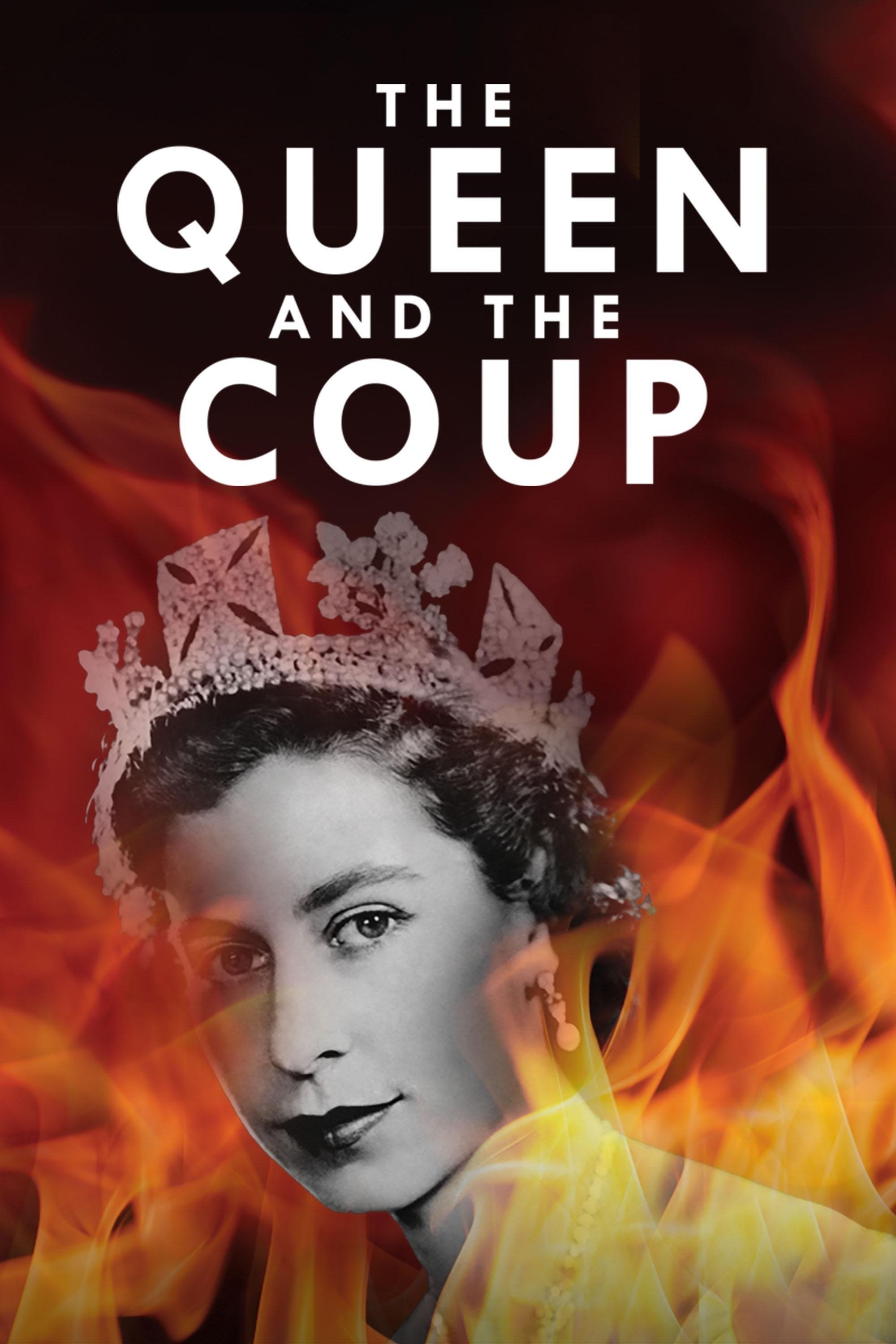
Planned by Britain’s MI6 and then executed by America’s C.I.A., the coup d’état which follows will destroy Iran’s last democracy, and relations between Iran and the West until the present day. Most shocking of all, the truth about Her Majesty’s role will be hidden from the Queen herself, and even the all-powerful Shah who will be used by Britain and American to replace Iran’s last democratic Prime Minister. The coup will lead to political upheaval all over the Middle East for decades to come, eventually resulting in the Islamic Revolution of 1979 which will end the reign of the Shah, and British and American influence in Iran, inspiring countless other Islamist revolutions around the world.
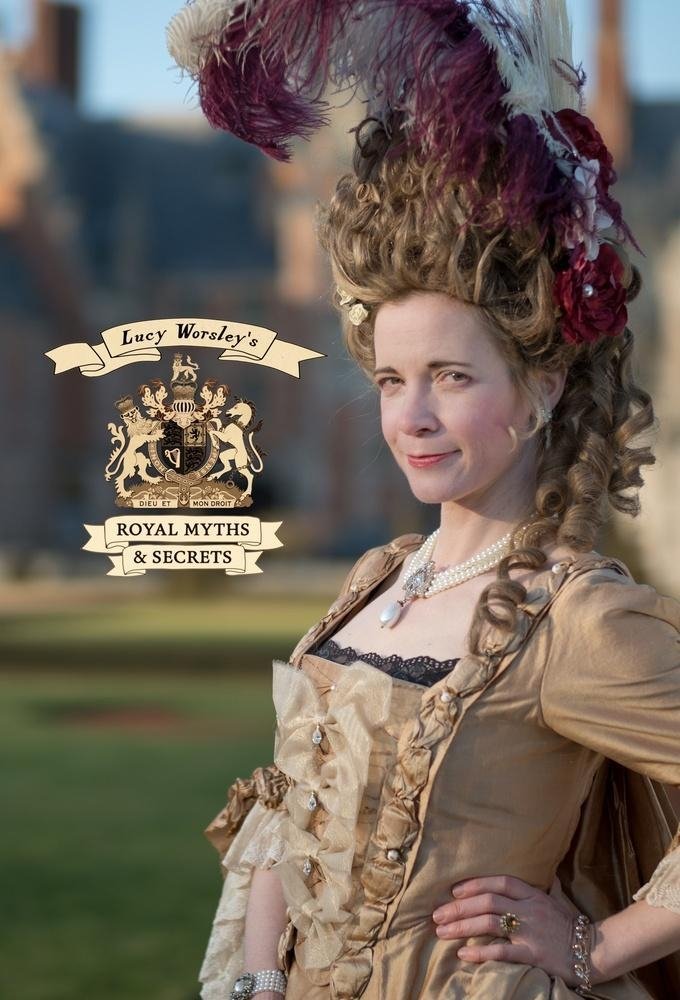
In this 3-part documentary series, Lucy Worsley travels across Britain and Europe visiting the locations where royal history was made. In palaces and castles and on battlefields she investigates how royal history is a mixture of facts, exaggeration, manipulation and mythology.
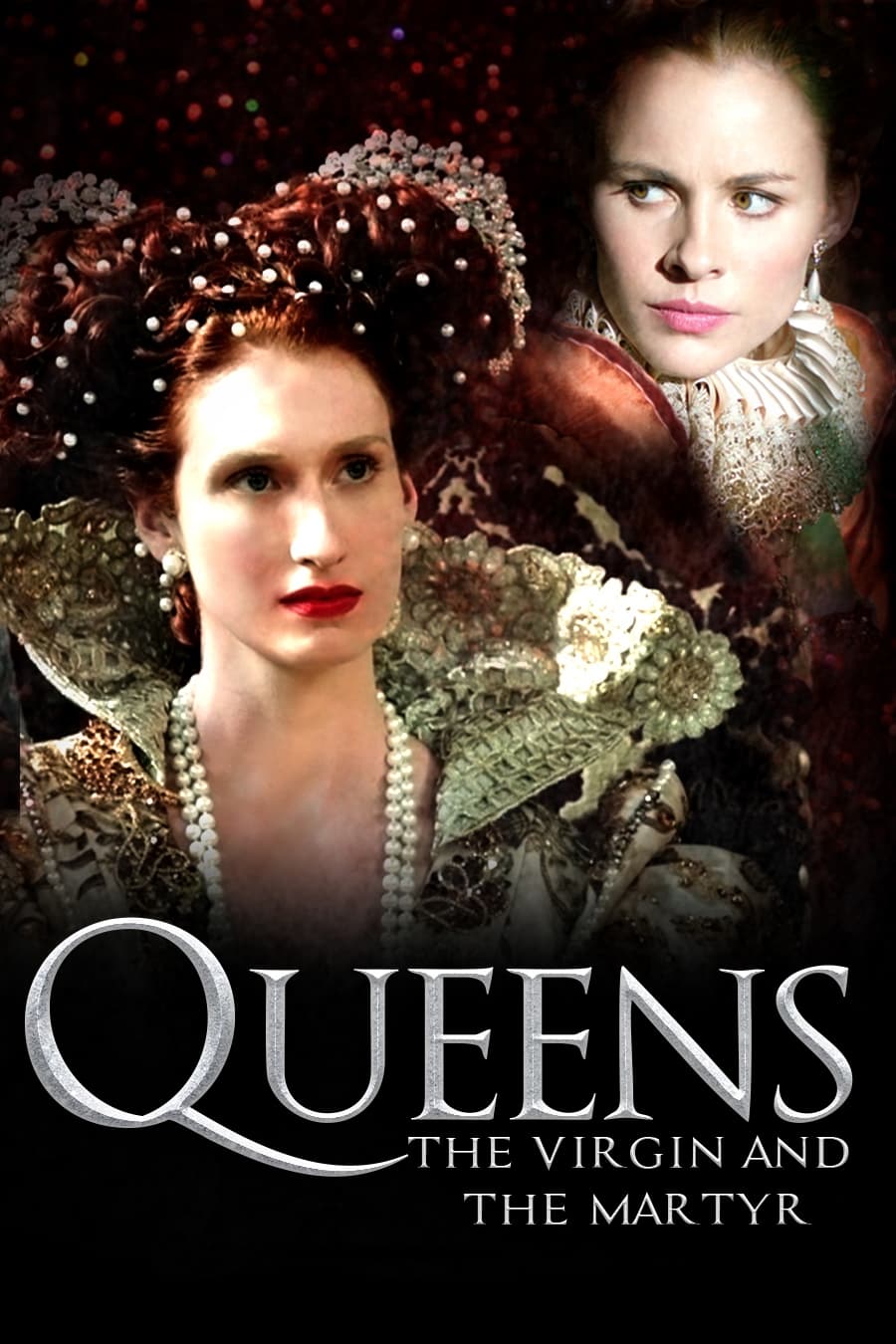
The story of the rivalry that existed between two great European monarchs: Mary Stuart of Scotland and Elizabeth I of England. They fought for supremacy in the political, religious and personal realms, under the attentive eyes of the most feared monarch in Europe, Philip II.
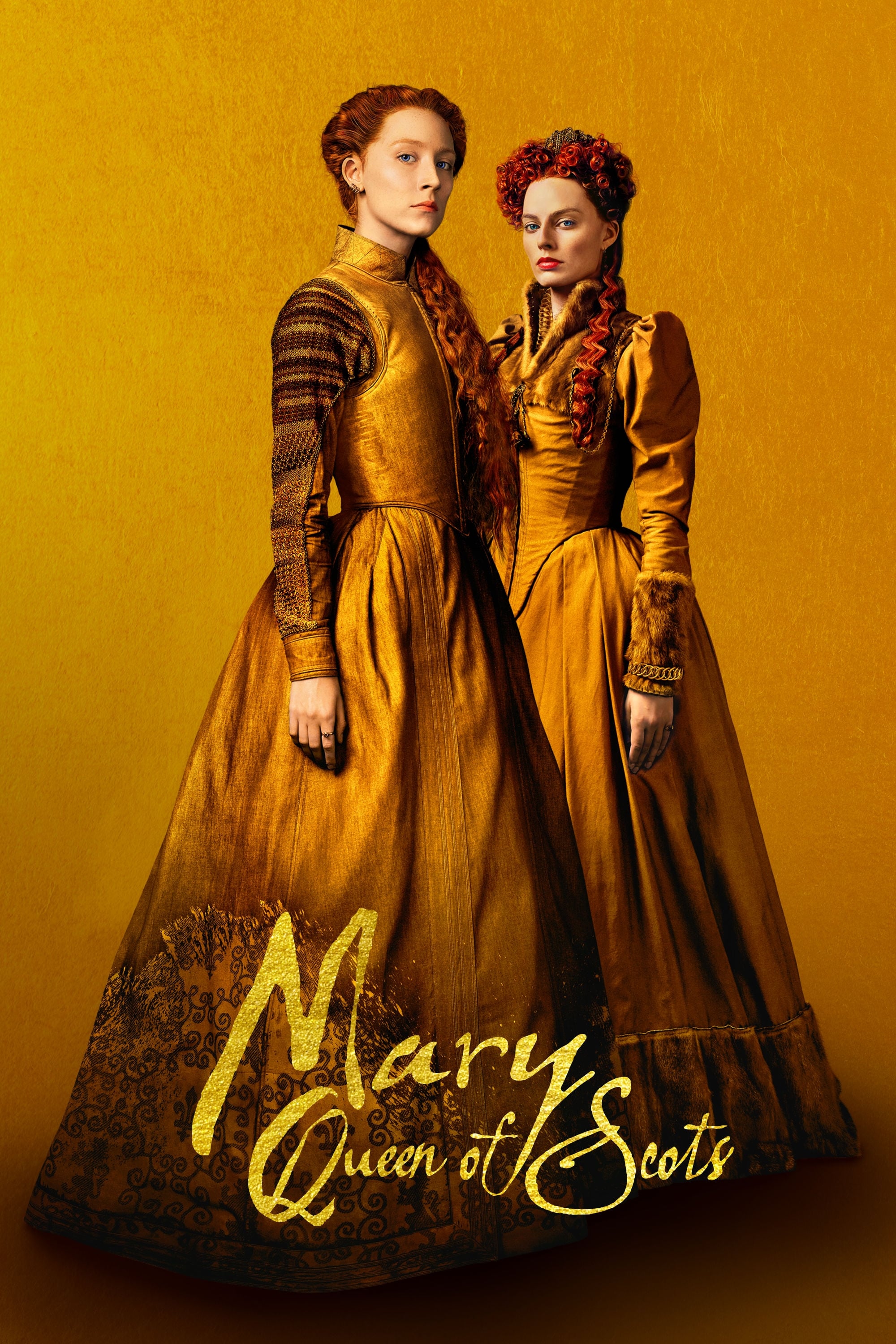
In 1561, Mary Stuart, widow of the King of France, returns to Scotland, reclaims her rightful throne and menaces the future of Queen Elizabeth I as ruler of England, because she has a legitimate claim to the English throne. Betrayals, rebellions, conspiracies and their own life choices imperil both Queens. They experience the bitter cost of power, until their tragic fate is finally fulfilled.
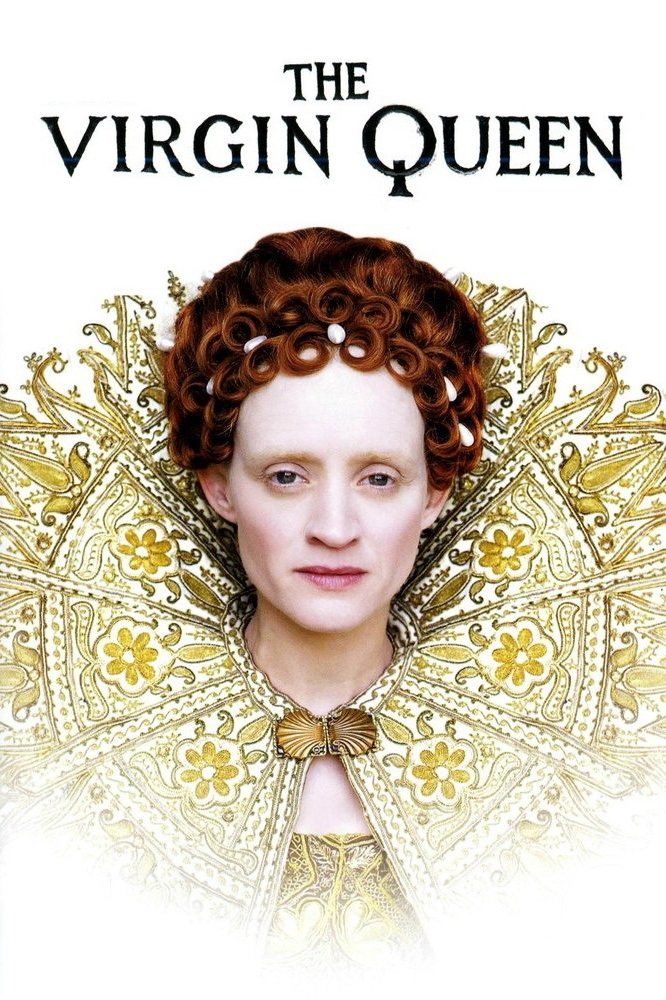
The Virgin Queen explores the full sweep of Elizabeth's life: from her days of fear as a potential victim of her sister's terror; through her great love affair with Robert Dudley; into her years of triumph over the Armada; and finally her old age and her last, enigmatic relationship with her young protégé, the Earl of Essex.
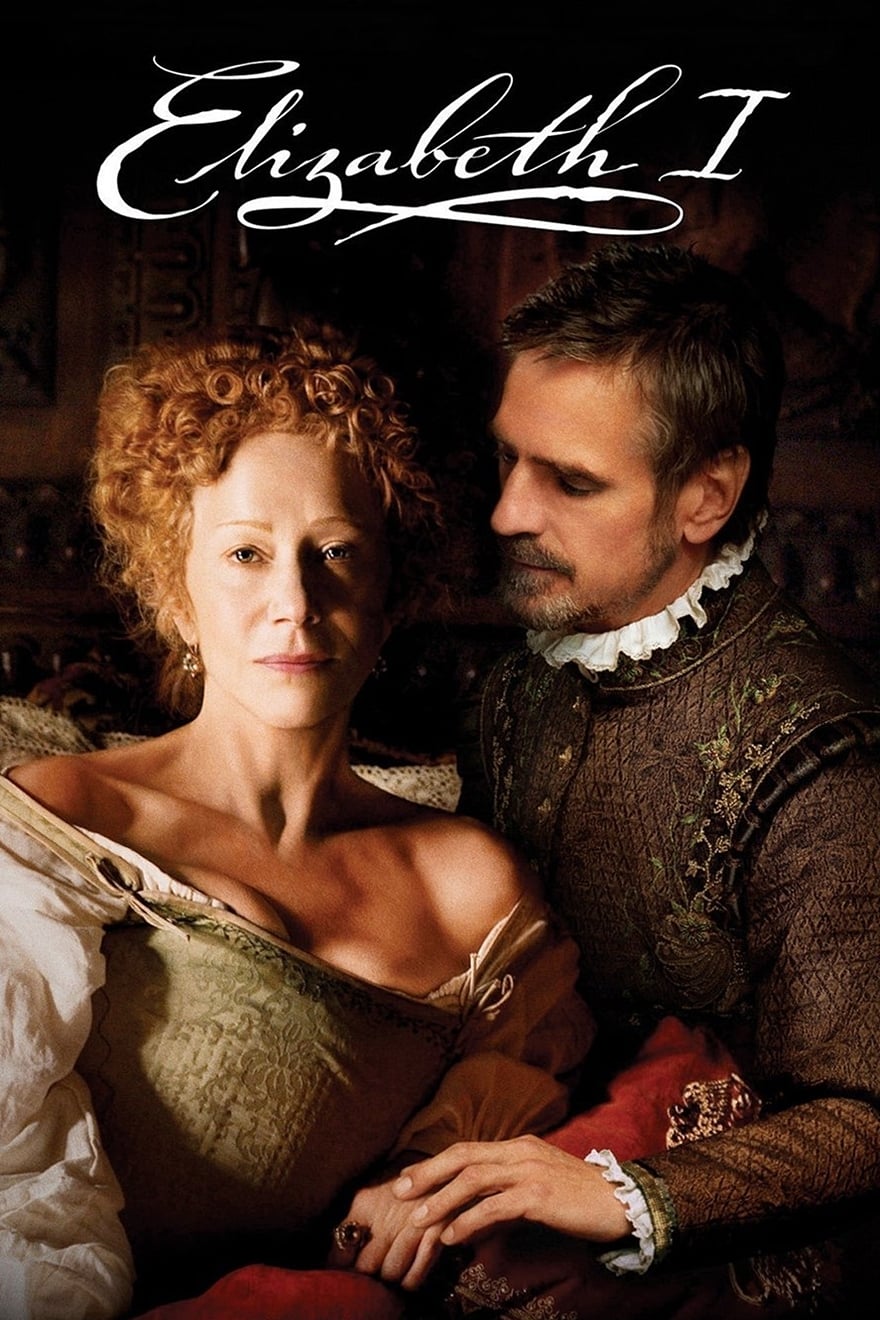
Elizabeth I is a two-part 2005 British historical drama television miniseries directed by Tom Hooper, written by Nigel Williams, and starring Helen Mirren as Elizabeth I of England. The miniseries covers approximately the last 24 years of her nearly 45-year reign. Part 1 focuses on the final years of her relationship with the Earl of Leicester, played by Jeremy Irons. Part 2 focuses on her subsequent relationship with the Earl of Essex, played by Hugh Dancy. The series originally was broadcast in the United Kingdom in two two-hour segments on Channel 4. It later aired on HBO in the United States, CBC and TMN in Canada, ATV in Hong Kong, ABC in Australia, and TVNZ Television One in New Zealand. The series went on to win Emmy, Peabody, and Golden Globe Awards. The same year, Helen Mirren starred as Queen Elizabeth II in The Queen, with which she dominated the award season.
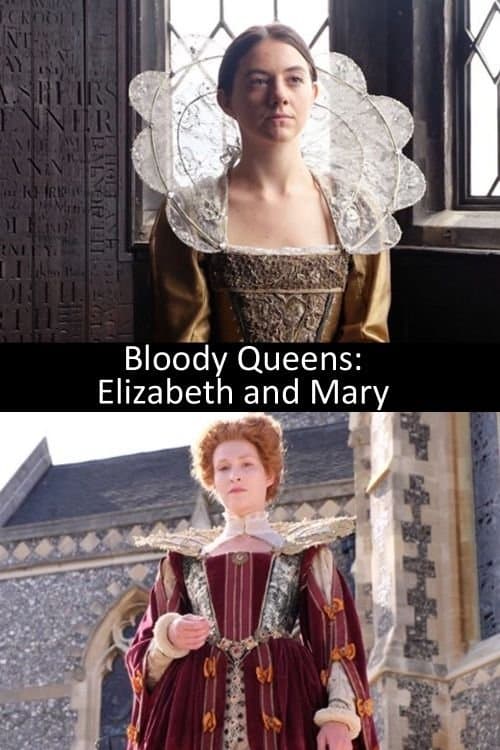
A dramatisation based on the exchange of letters between Mary Queen of Scots and her cousin Elizabeth I, detailing the hatred and obsession in their bitter rivalry. Expert historians examine and interpret the royals' motives for the animosity that lasted more than two decades, and which threatened to tear apart the reigning monarch and her kingdom.

Elizabeth is a four-part British documentary about Queen Elizabeth I of England.
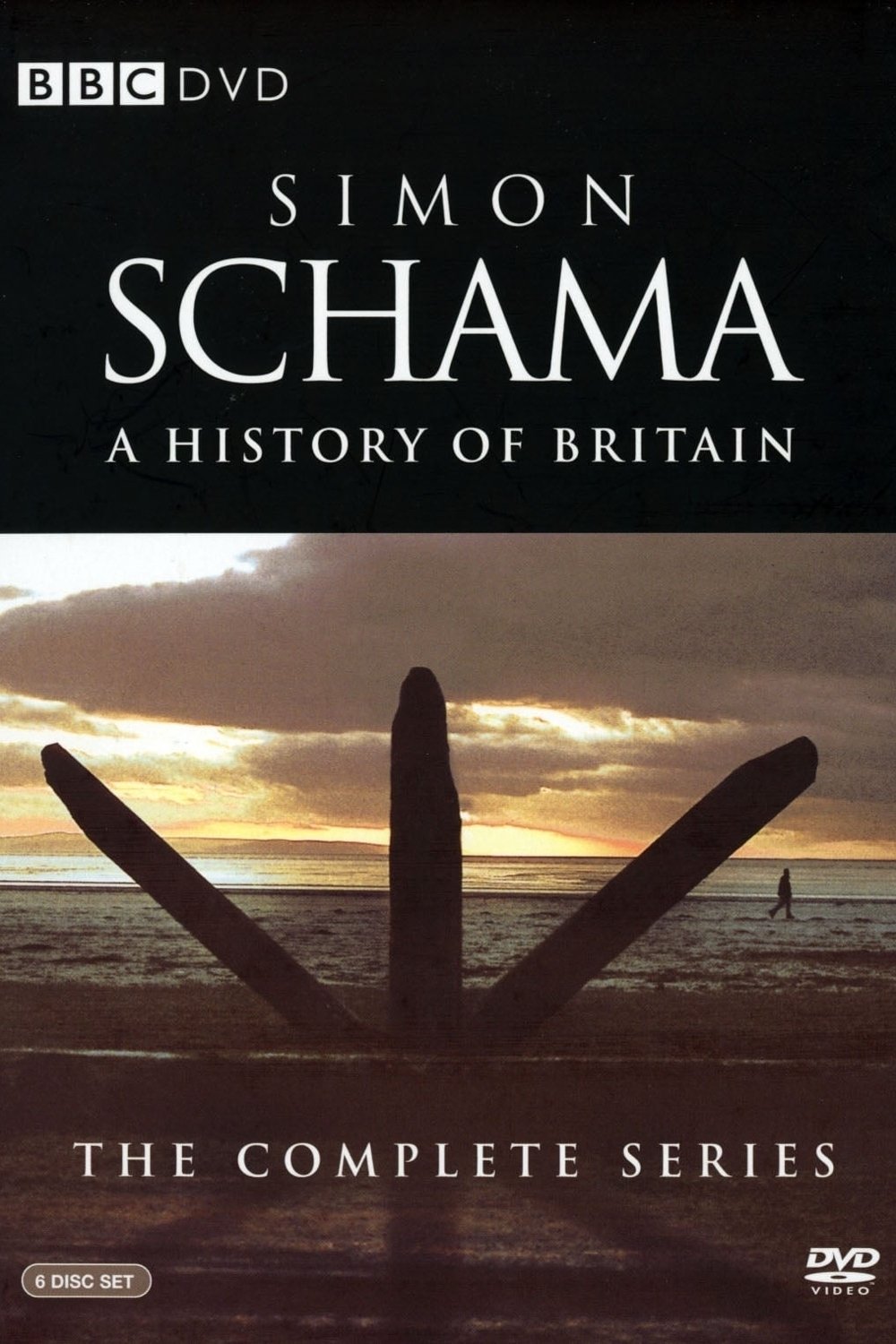
Stretching from the Stone Age to the year 2000, Simon Schama's Complete History of Britain does not pretend to be a definitive chronicle of the turbulent events which buffeted and shaped the British Isles. What Schama does do, however, is tell the story in vivid and gripping narrative terms, free of the fustiness of traditional academe, personalising key historical events by examining the major characters at the centre of them. Not all historians would approve of the history depicted here as shaped principally by the actions of great men and women rather than by more abstract developments, but Schama's way of telling it is a good deal more enthralling as a result. Schama successfully gives lie to the idea that the history of Britain has been moderate and temperate, passing down the generations as stately as a galleon, taking on board sensible ideas but steering clear of sillier, revolutionary ones. Nonsense. Schama retells British history the way it was--as bloody, convulsive, precarious, hot-blooded and several times within an inch of haring off onto an entirely different course. Schama seems almost to delight in the goriness of history. Themes returned to repeatedly include the wars between the Scots and the Irish and the Catholic/Protestant conflicts--only the Irish question remains unresolved by the new millennium. As Britain becomes a constitutional monarchy, Schama talks less of Kings and Queens but of poets and idea-makers like Orwell. Still, with his pungent, direct manner and against an evocative visual and aural backdrop, Schama makes history seem as though it happened yesterday, the bloodstains not yet dry.
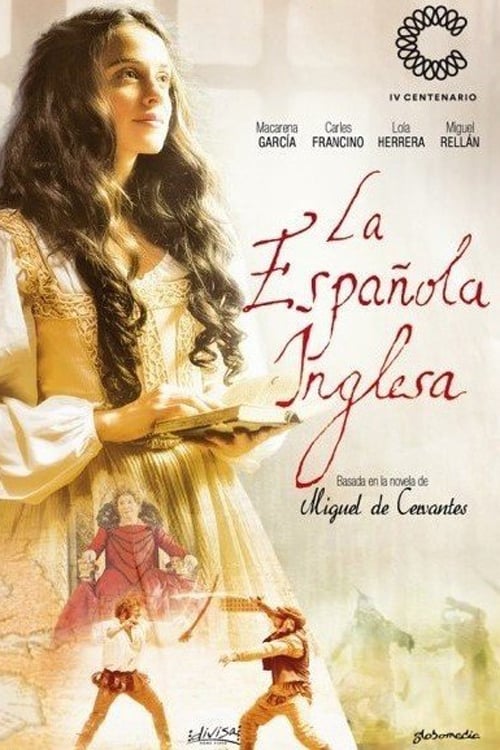
In 1596, a Spanish girl, Isabel, is kidnapped by the English during the Capture of Cádiz and sent to England, where, already an adult woman, she falls in love with her kidnapper's son.
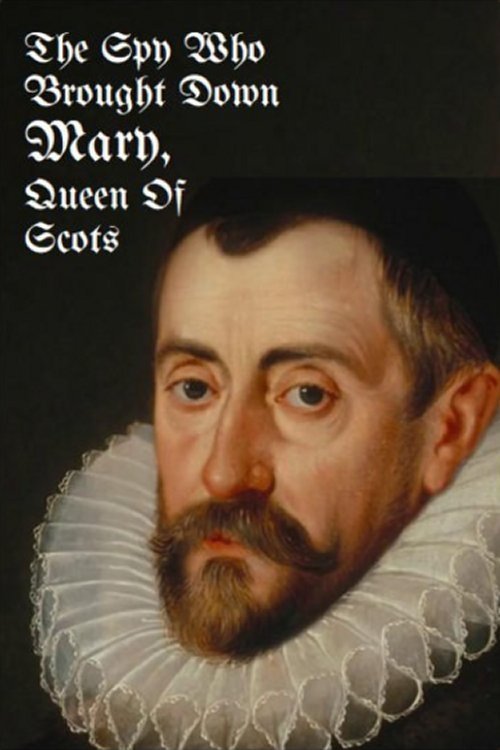
By browsing this website, you accept our cookies policy.